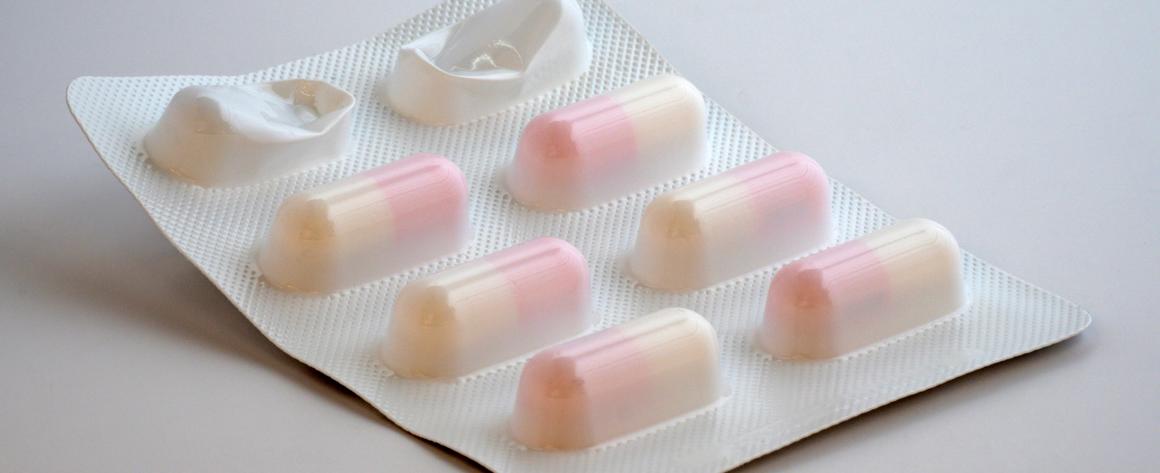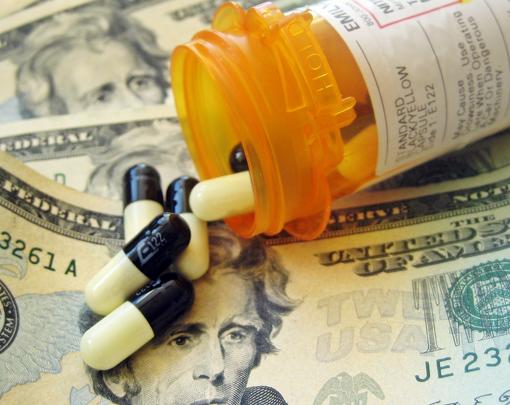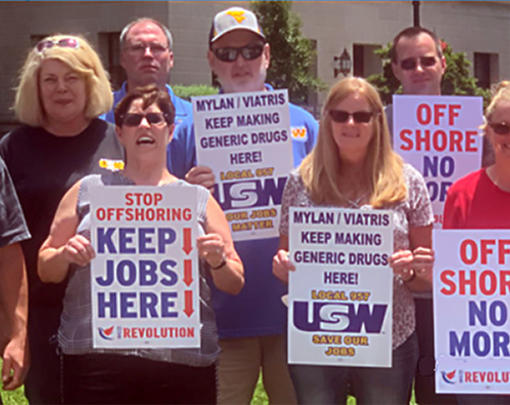Our report Medicine For All: The Case for a Public Option in the Pharmaceutical Industry argues that truly making pharmaceuticals accessible and affordable for all Americans will require public ownership of pharmaceutical production. Recently, two candidates running in the Democratic presidential primary made or reiterated similar commitments.
In 2018 Senator Elizabeth Warren introduced, with Rep. Jan Schakowsky, a bill that would create the public Office of Drug Manufacturing (ODM) within the Department of Health and Human Services with a mandate to produce generic drugs to end shortages, restore competition, and combat spiking prices. Recently, as part of her plan outlining how Medicare for All would be financed, Warren reiterated the value of public manufacturing as a tool to shape outcomes in the pharmaceutical market:
If negotiations fail, I will use two tools — compulsory licensing and public manufacturing — to allow my administration to ensure patient access to medicines by either overriding the patent, as modeled in the Medicare Negotiation and Competitive Licensing Act, or by providing public funds to support manufacturing of these drugs, as modeled in my Affordable Drug Manufacturing Act.
Meanwhile, Senator Bernie Sanders has also committed support for public pharmaceutical production. At the People’s Issue Forum (organized by Rights & Democracy, the New Hampshire Youth Movement, and People’s Action) on October 31st in Claremont, New Hampshire, an audience member asked whether he would support a public option in the pharmaceutical sector.
Senator Sanders: There is a reason why we pay by far the highest prices in the world for prescription drugs. And that is because the pharmaceutical industry has spent […] billions of dollars—some $4 billion in the last 20 years—buying up politicians through campaign contributions and through intensive lobbying efforts. That will end when we are in the White House.
Audience member: A pharma public option could help lower drug prices, insure against dangerous drug shortages, and reignite declining pharma innovation in this country. Polling shows bipartisan support for public production of essential medication. Would you support a public option on pharmaceuticals?
Senator Sanders: Absolutely. […] Look, I don’t have to explain to people how important prescription drugs are, they are life and death, okay. So you think we’re going to sit back and allow the pharmaceutical industry to engage in price fixing holding the American people hostage? Of course, we’re not going to do that. We’re going to make sure that we produce the best quality medicine in the world at the lowest possible price.



